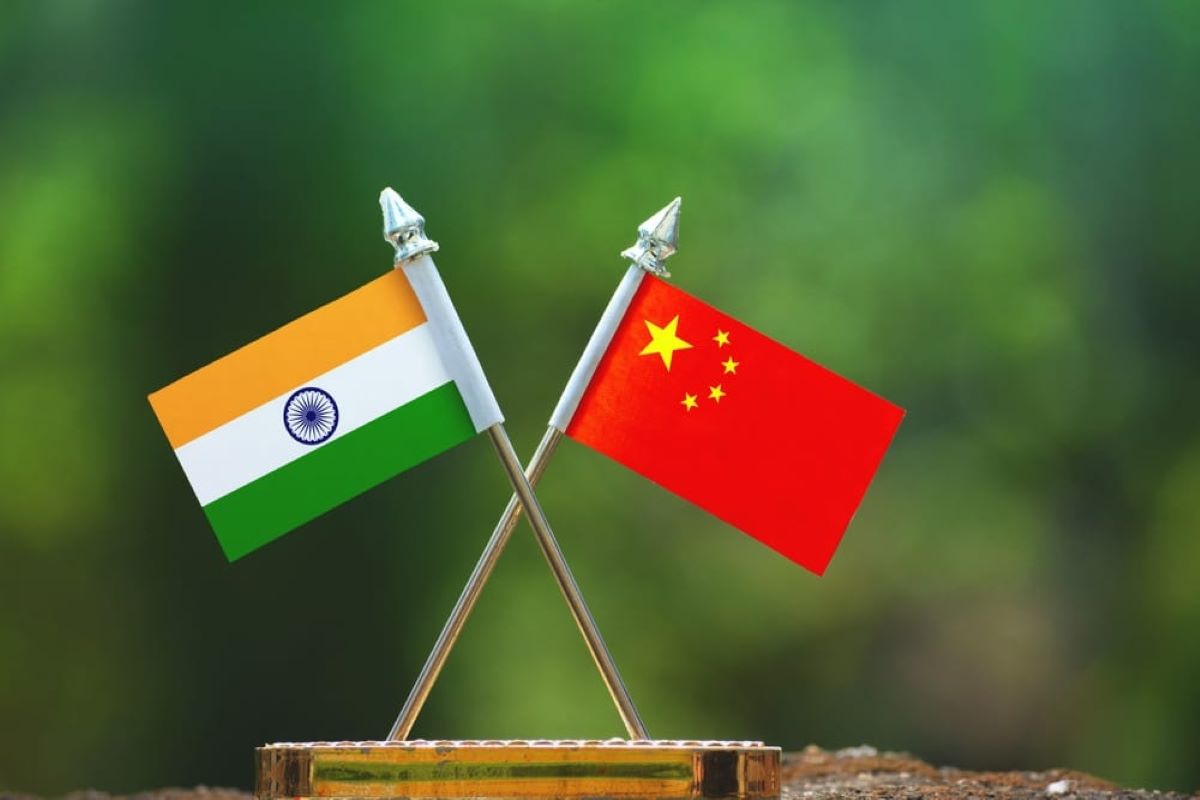China’s official media has lashed out at the Congress and other opposition parties in India for making an issue of the exchange of greetings and sweets between India and Chinese troops on the New Year day at ten locations along the Line of Actual Control (LAC).
”There has been a tradition of exchanging sweets on major festivals between Chinese and Indian soldiers on the border. It has paused in the last two years after the border conflict occurred. Messages about the resumed tradition have received many likes on social media. A Chinese netizen said that it is better to send each other sweets than bullets. But unfortunately, the opposition in India has taken the chance to hype this event, accusing the Modi administration of capitulating to China,” Chinese state-run daily Global Times said in an editorial.
Advertisement
It observed that the tradition has created a better atmosphere for the upcoming next round of the China-India Corps Commander Level Meeting, as well as the further recovery and development of China-India relations.
Advertisement
Slamming the Indian opposition parties, the daily wondered if even sweets could be made into a big issue. ”This is the epitome that China-India relations are becoming stable, but have been disturbed from time to time. Part of the reason is because there are some radical anti-China people who cannot desensitise China-India ties because of the 1962 border conflict, but it is caused more by the increasingly polarisation trend in domestic India which opposes for the sake of opposition,” it added.
The newspaper said an atmosphere appeared to be forming in Indian society that praising China and cooperating with China was politically incorrect. ”If India’s domestic politics has become “Americanised” as it is increasingly divided, allowing some radical politicians to throw mud at China-India relations unscrupulously for their own political ends, and even form a public opinion orientation centered on anti-China, this will not help India realise its ambition of becoming a major power,” it added.
For an ambitious India which was in urgent need of development, external stability, especially stable major power relations, was an important guarantee for its domestic development. Decision-makers in India should keep broad strategic sobriety, and handle China affairs with a broader mindset of a big country, it said.
”At the same time, it (India) needs to cope with domestic populist voices carefully, preventing them from kidnapping policies. In some sense, the rationality of New Delhi’s decision-making depends, to a large extent, on calmly managing domestic radical public opinion,” the daily added.
The Indian politicians should not keep lowering their horizon and vision for private political gains, even turning “New Year sweets” into bullets. This would do India more harm than good, it warned.
Advertisement











